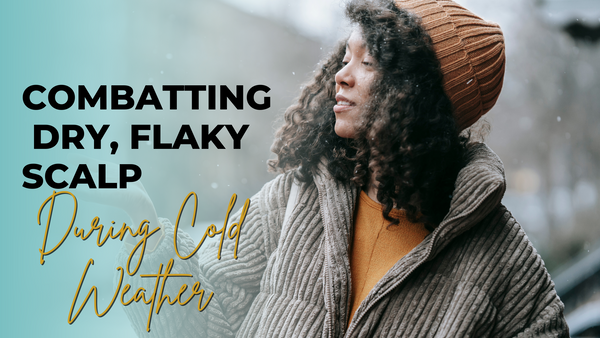What Are the Four Different Types of Hair Damage, And How to Prevent Them?

Our hair is an important part of our overall appearance, and we all want it to be healthy and beautiful.
However, constant exposure to environmental stressors and frequent styling can cause damage to our hair. Because many factors can cause hair damage, the term "hair damage" is quite broad.
Damaged hair can cause a variety of issues, including split ends, breakage, and even hair loss.
Understanding the different types of hair damage can help you take better care of your hair and prevent future damage.
We'll go over the four most common types of hair damage and how to avoid them in this blog post.
Split Ends
The most common type of hair damage is split ends.
This happens when the protective layer on the outside of the hair, called the cuticle, gets damaged and breaks into two or more strands.
Split ends can make your hair appear lifeless, dull, and frizzy. They can also cause additional damage, such as breakage.
Regular hair trimming is one of the best ways to prevent split ends.
We recommend that you trim your hair every 8–12 weeks. You should also limit your use of heat-styling tools like flat irons and curling irons.
When using heat-styling tools, always use a heat-protectant spray.
Heat Damage
Excessive heat from styling tools can cause heat damage.
Excessive heat can dry out your hair, making it brittle and prone to breakage.
Heat damage is especially common when flat irons, curling irons, and blow dryers are used on a regular basis.
To avoid heat damage, avoid using high heat settings on your styling tools. Use lower heat settings instead. When using flat irons or silk pressing, make sure to only go over the same section of hair once.
Additionally, heat protectant sprays should always be used to minimize damage.
Chemical Damage
When you use chemical treatments on your hair, such as hair dyes, relaxers, and perms, you can cause chemical damage.
Chemical treatments can strip your hair of its natural oils, leaving it dry, brittle, and prone to breakage.
Limit your use of chemical treatments to avoid chemical damage.
If you must use them, be sure to carefully follow the instructions and use products designed for your hair type.
You should also give your hair at least six weeks between chemical treatments to allow it to recover.
Hair Loss
Hair loss can occur due to a variety of reasons, and among them are genes, hormonal changes, stress, and certain medical conditions.
Genes play a role in determining the hair growth cycle, and inherited genes can make certain individuals more susceptible to hair loss.
Hormonal changes can also trigger hair loss, particularly in women during pregnancy or menopause.
Stress is another factor that can contribute to hair loss, and this can be due to physical or emotional stress. Finally, specific medical conditions such as alopecia areata, thyroid disorders, or scalp infections can also cause hair loss.
Takeaway
Using harsh chemicals, tight hairstyles, and excessive heat to style your hair can all result in hair loss.
To help prevent these types of hair loss, try to limit your use of heat styling tools and chemical treatments.
Tight hairstyles that pull on your hair, such as tight braids and ponytails, should also be avoided.
You should also follow a healthy diet and lifestyle to promote healthy hair growth.
You can keep your hair looking beautiful by preventing split ends, avoiding heat damage and chemical damage, and taking steps where possible to avert hair loss.
Remember to trim your hair on a regular basis, use heat protectant sprays, and use chemical treatments sparingly.






